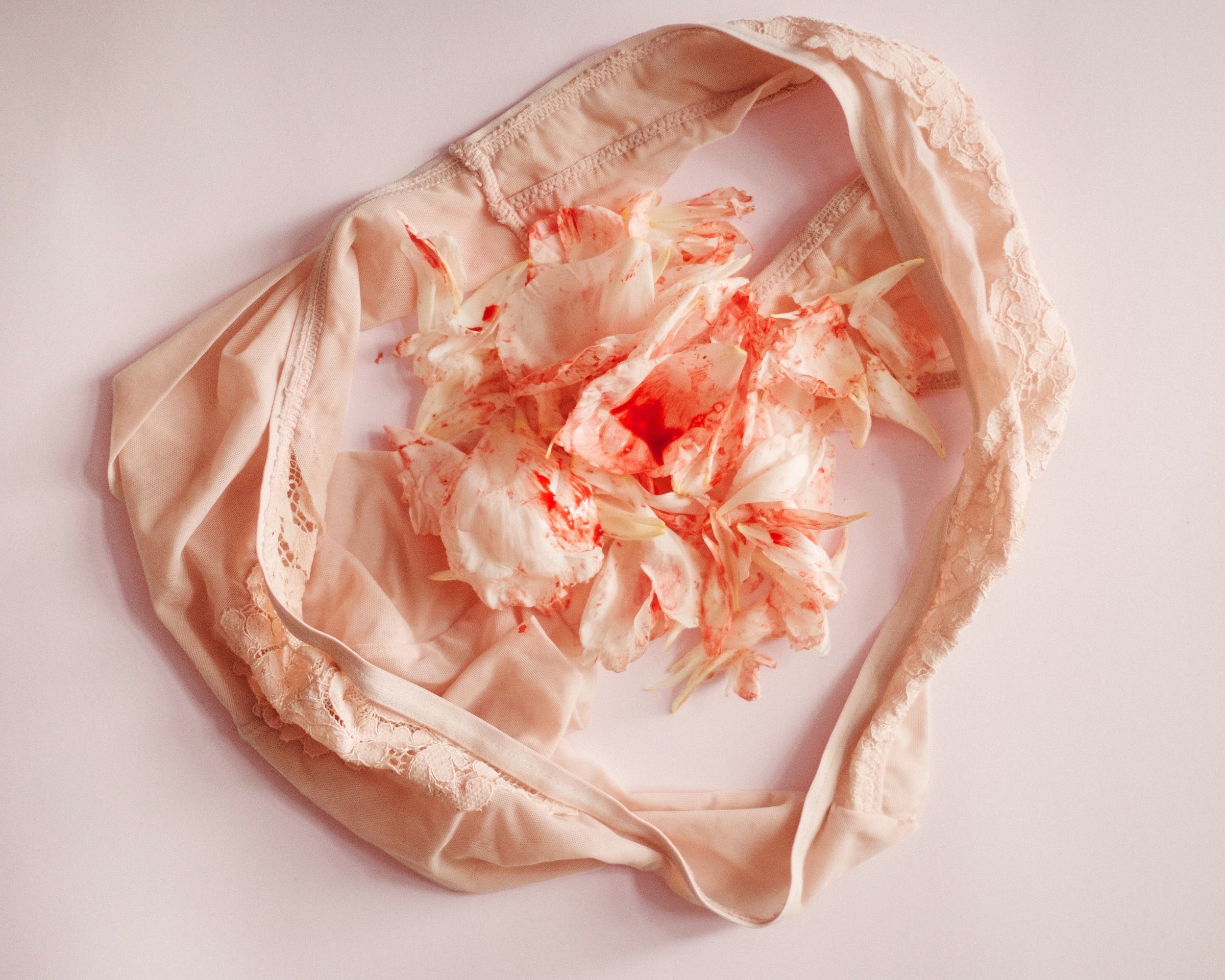Pain and Prayer
As I woke up from my surgery I remember feeling anxious and reluctant to see the surgeon. Would he tell me that I was making it up or was he about to confirm my diagnosis? I was overwhelmed, scared, and sore. He was quick and to the point, so you have stage II endometriosis and you probably shouldn’t need another surgery for about 5-10 years or so. Simultaneously I felt like my prayers had been answered and shunned.
I was 19 when the word endometriosis first entered my life. Endometriosis is a common inflammatory disease, affecting roughly 1 in 10 people assigned female at birth. For many people it can cause pain (specifically painful periods and pelvic pain), bowel problems, sub-fertility or infertility, tiredness, premenstrual syndrome and other issues. Diagnosis is confirmed through laparoscopy (keyhole surgery), with excision (resection) treatment being done simultaneously. I didn’t have my confirmed diagnosis till I was 25 which in the endometriosis world is lucky, typically a confirmed diagnosis takes 8-9 years. There is no current cure for endometriosis, only managing symptoms. This is done through hormonal treatment, pelvic physio, diet (Low FODMAP, finding food that causes flare ups), surgical procedures, stress management, and pain medication. I wouldn’t have seen that first doctor at 19 if I hadn’t been told that periods should not make you have to stay home.
The health of women or those assigned female at birth is not taken seriously. Pain is especially not taken seriously, particularly for women of colour. I have spent thousands of hours, dollars, and tears trying to figure out what is wrong with me and I know of others who have had similar horror stories around their engagement with medical professionals. I’ve been told that I am making it up or that I should really consult my husband first before beginning any treatment. I know of a friend who was denied her regular pain medication prescription as it was drug seeking behaviour. Or of people being told that “just in case you want children” they are going to hold off on treatment. I know of someone who had to fight to have a hysterectomy and bilateral oophorectomy because she is only 25 and she and her husband may change their minds about having kids. It is unfair and cruel to deny people body autonomy especially when they are in pain.
A book I have really found peace in regarding my body, pain and prayer is Amy Kenny’s My Body is Not a Prayer Request. Kenny needs mobility aids and this makes it apparent that her body is “broken”. In the book, she discusses how she experiences ableism in the church whenever Christians come up to pray to have God fix her, and how this ableism reveals images of God that are not holy. My favourite quote is “To suggest that I am anything less than sanctified and redeemed is to suppress the image of God in my disabled body and to limit how God is already at work in my life.” I find peace in being reminded that even though my body may not work the way it should, that does not mean I am anything less than sanctified and redeemed.
It took me, and sometimes still takes me, a while to come to terms with God about this. I learned this was not something to ask for prayer for by being told, all periods are painful. Why would you want prayer for that? Or well you clearly have some sin in your life meaning God doesn’t want to heal you Or what do you mean you are still in pain, I prayed for you, you should be fine, Or you don’t look sick are you sure you are? These experiences and being in constant pain has really made my relationship with God and others difficult. It is hard to love an eternal, divine parent when you are told they did this to you, to teach you a lesson. My understanding of God is that God didn’t do this to me but rather I was unlucky with my genetics, environment, and stress.
What I have learned about my relationship with God is that it's complicated and always changing. My disease has made me conscious of my embodiment. I have been made aware of what my body needs, how it works, when to rest and when something is wrong. It has made me learn to love my body (still something I am working on) instead of being focused on making the pain stop. I accept the fact that I need to work out of rest rather than trying to keep going. Prayer for me around my disease is more about relationship with God than healing. When I have a pain flare up I focus on my breathing and sometimes repeat the Lord’s prayer to myself in order to ground myself and give myself a distraction. I have learned that I cannot have empathy for others if I do not have it for myself. My body is incredible, albeit I would love it if it didn’t respond to everything with pain, but still a creation nonetheless. I am aware that being cured is not a strong possibility without a miracle. That is not to say I do not believe that God can heal and do miracles. I strongly believe God can do that but for me, I have found peace in accepting my body, my disease. So when I do pray for myself or ask for prayer I ask for peace, wisdom, rest, strength, and a deeper relationship with God. I am not a person to be fixed, healed, or told to have more faith. I am a beloved child of God who sometimes needs a little extra support or help and I am ok with that.
~
Rosie Fleming is currently editor at Metanoia.

